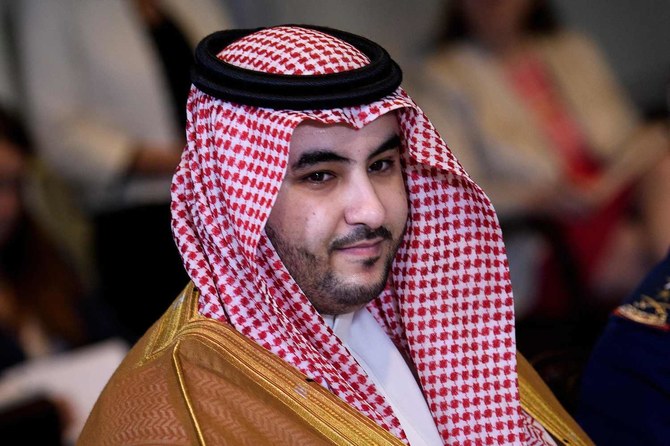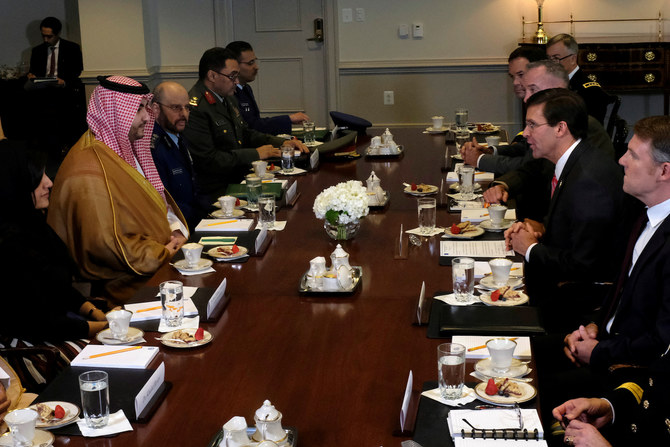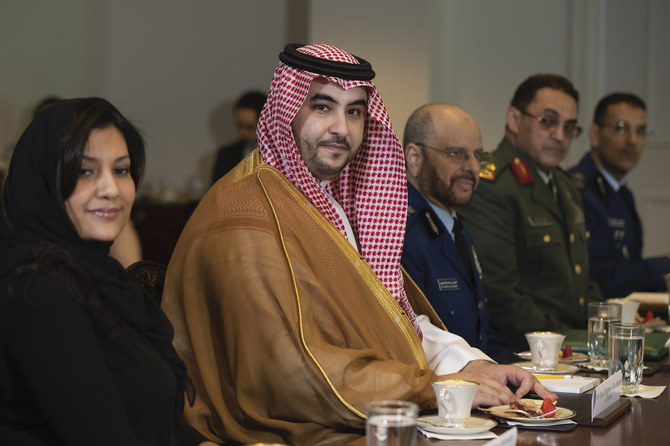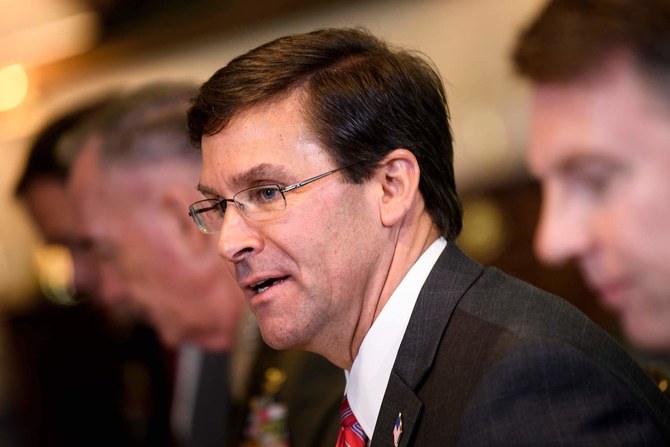RIYADH: The Arab European Cities Dialogue launched in Riyadh on Sunday, gathering more than 100 mayors from Arab and European cities, along with international organizations and development institutions.
Organized by Riyadh municipality under the theme “City Partnerships for a Better Future,” the dialogue focuses on urban cooperation, livable cities, the environment, technology and digital transformation, and municipal financial sustainability.
At the opening, Riyadh Mayor Prince Faisal bin Abdulaziz bin Ayyaf, president of the Arab Urban Development Institute, highlighted the deep ties between Arab and European cities.
He emphasized how these centuries-old dialogues continue to influence the construction, administration, and sustainability of urban spaces.
Prince Faisal added that while cities face both shared and unique challenges, the forum focuses on common themes aimed at building more human-centered cities that enhance quality of life.
Running until May 13, the forum is organized with the Arab Urban Development Institute, PLATFORMA — part of the Association of European Municipalities and Regions — and the International Cooperation Agency of the Association of Netherlands Municipalities.
Riyadh’s selection as the inaugural host highlights its growing regional and global urban influence and its key role in advancing municipal initiatives and international partnerships.
Fabrizio Rossi, secretary-general of the Council of European Municipalities and Regions, outlined his action plan: “First, we are building a coalition of cities and universities to create an academic curriculum tailored to the needs of cities and local governments.
“Our ambition is to launch an international program on diplomacy and city-to-city cooperation with five leading universities.”
He also emphasized investing in young leaders through the Young Elected Officials Academy, a program that equips them to drive local change. The next edition will focus on artificial intelligence and digital transformation.
Key topics at the forum included the transformative role of cities and addressing barriers to environmental, social, economic, and cultural sustainability.
City diplomacy was another focus, highlighting the value of sharing expertise and resources across regions to achieve common goals.
Yousef Shawarbeh, mayor of Amman, Jordan, said: “When we meet with city leaders, we find that the challenges faced by cities are the same, but their solutions must not be. We cannot transfer a solution from a European crisis to an Arab city, but we can benefit from the concepts used.”
Fatiha El-Moudni, mayor of Rabat, Morocco, discussed how each city brings unique opportunities for collaboration. “I must mention our work with German cities on energy efficiency, with Italian counterparts on waste management and landfill revitalization, and of course, with French cities on various projects.”
She highlighted Rabat’s partnership with Lyon on a sustainable urban mobility project, noting that Lyon supported the Rabat-Sale tramway from its initiation through its current expansion.
The sustainable mobility plan developed with Lyon in France is guiding preparations for the Africa Cup of Nations in 2025 and the FIFA World Cup in 2030.
El-Moudni explained: “We’ve seen the impact on our citizens; it’s literally changed their daily lives by offering a clean, efficient alternative to cars, reducing traffic and emissions, and improving air quality.”
Rabat’s collaboration with Lyon exemplifies how north-south partnerships, built on mutual respect and exchange, can create resilient cities for future generations.
Emilia Saiz, secretary-general of United Cities and Local Governments, noted that exchanges between cities and territories have existed long before the formation of the League of Nations.
“This might be the first formal forum that we organize, but our relations go way back. Our movement is over 100 years old,” she said.
Saiz emphasized that the next step is not just exchanging experiences but co-creating solutions together.
“I think the worldwide movement of local and regional governments is actually ready to be defined together with quality-of-life needs. And this is something that Saudi Arabia is leading within the UN.”
She highlighted the important role of cities and local governments in determining what local services are needed to support quality-of-life growth, from investments to community services.
Talent, co-creation, and intergenerational dialogue are crucial in shaping these provisions, according to Saiz.
She also urged national governments and international institutions to recognize centralized cooperation as essential for multilateralism, saying a global network structure can develop concrete proposals for action.
“What I am offering is continuity,” she said. “I would say for United Cities and Local Governments, we hope that together with the Arab Urban Development Institute and our European section, we can shape the contents of this dialogue and bring its influence to our World Congress on Industrial Biotechnology in Tangier next year.”



























